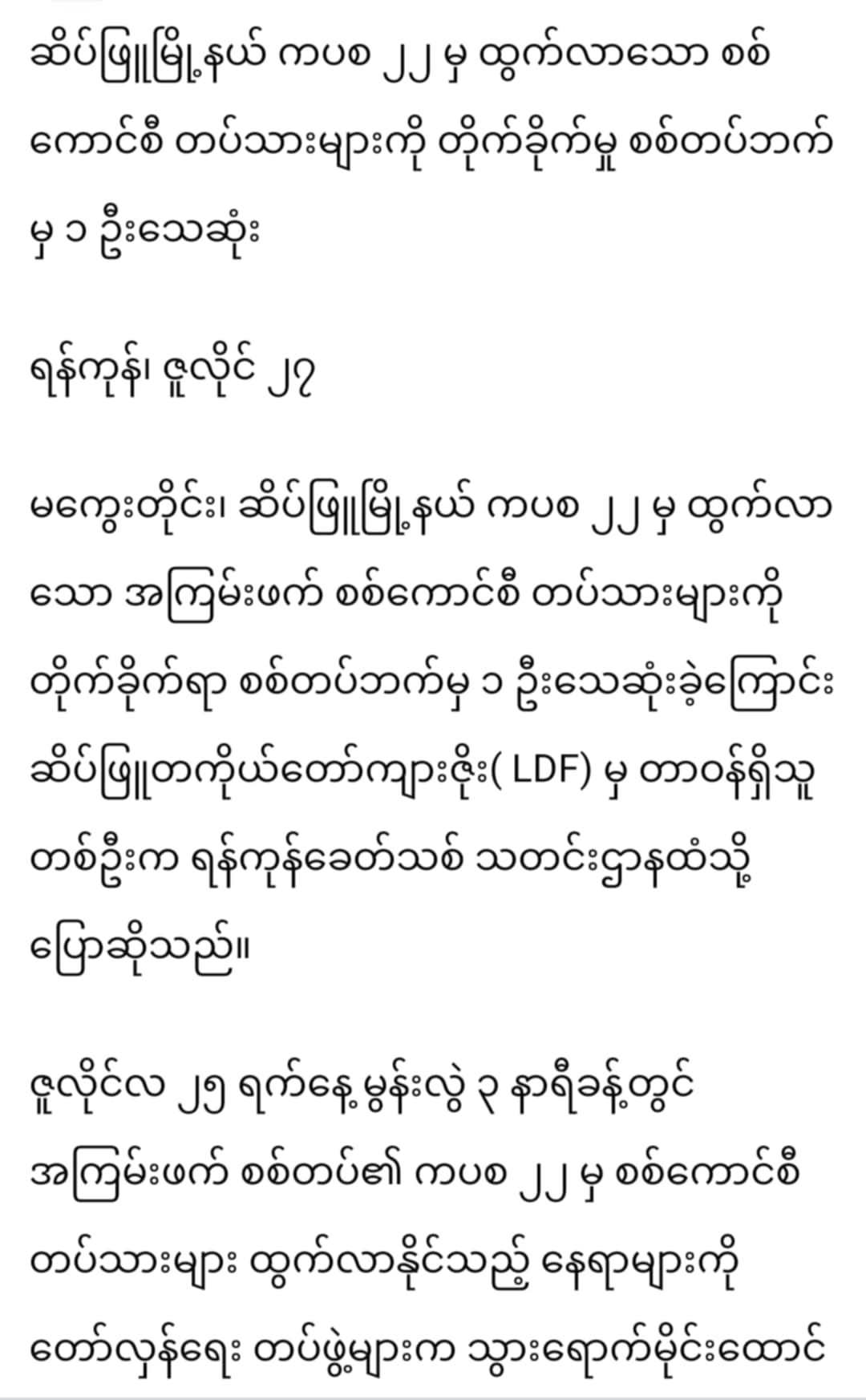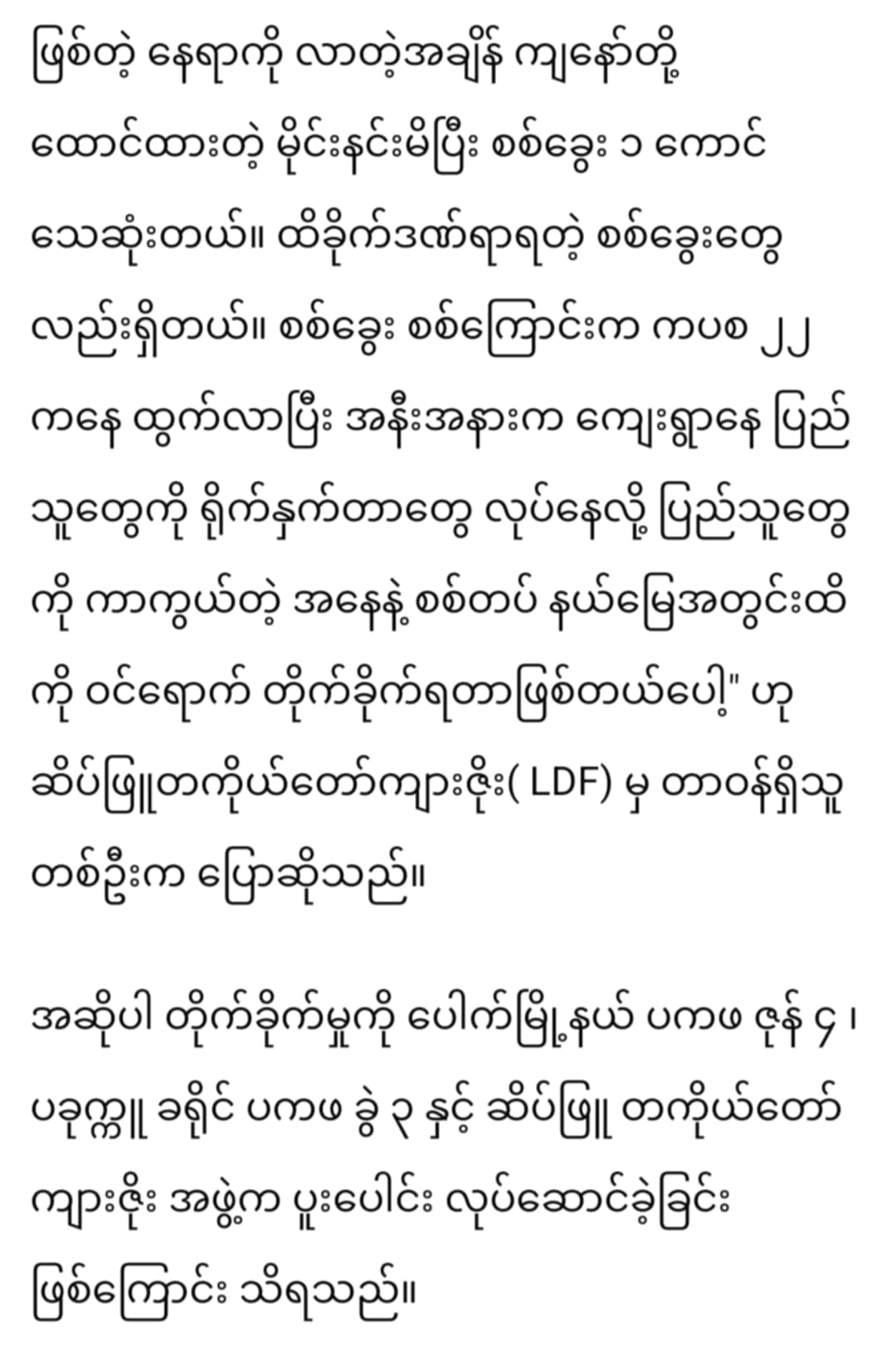When it comes to investing in the stock market, many beginners and experienced investors alike look for low-cost, diversified options. Two popular choices are Index Funds and Exchange-Traded Funds (ETFs). Both offer exposure to a broad market index, but they have differences that might make one better suited for your investment goals than the other. Let’s dive into what sets them apart and help you decide which is better for you.

What Are Index Funds?
Index funds are mutual funds designed to replicate the performance of a specific market index, such as the S&P 500. They pool money from many investors to buy all (or a representative sample) of the stocks in that index. Index funds are managed passively, meaning they don’t try to beat the market but instead match its returns.
What Are ETFs?
ETFs, or Exchange-Traded Funds, are similar to index funds because they also track a market index or sector. However, ETFs trade on stock exchanges like individual stocks. This means you can buy or sell ETFs throughout the trading day at market prices.

Key Differences Between Index Funds and ETFs
Trading Flexibility
Index Funds: Purchased or sold only at the end of the trading day at the net asset value (NAV).
ETFs: Bought and sold throughout the day at market prices, similar to stocks.
Minimum Investment
Index Funds: Often require a minimum initial investment (e.g., $500 or more).
ETFs: Can be purchased by buying as little as one share, making them more accessible for smaller investors.

Fees and Expenses
Both generally have low expense ratios, but ETFs tend to have slightly lower fees.
ETFs may incur brokerage commissions unless traded commission-free.
Tax Efficiency
ETFs are often more tax-efficient due to their unique structure, which can minimize capital gains distributions.
Index funds may generate capital gains taxable to investors when the fund manager buys or sells underlying assets.

Automatic Investments and Withdrawals
Index funds often allow automatic investments and withdrawals, making them convenient for regular saving plans.
ETFs usually require manual trades, although some brokers offer automated investment features.
Which One is Better?
Choose Index Funds if:








